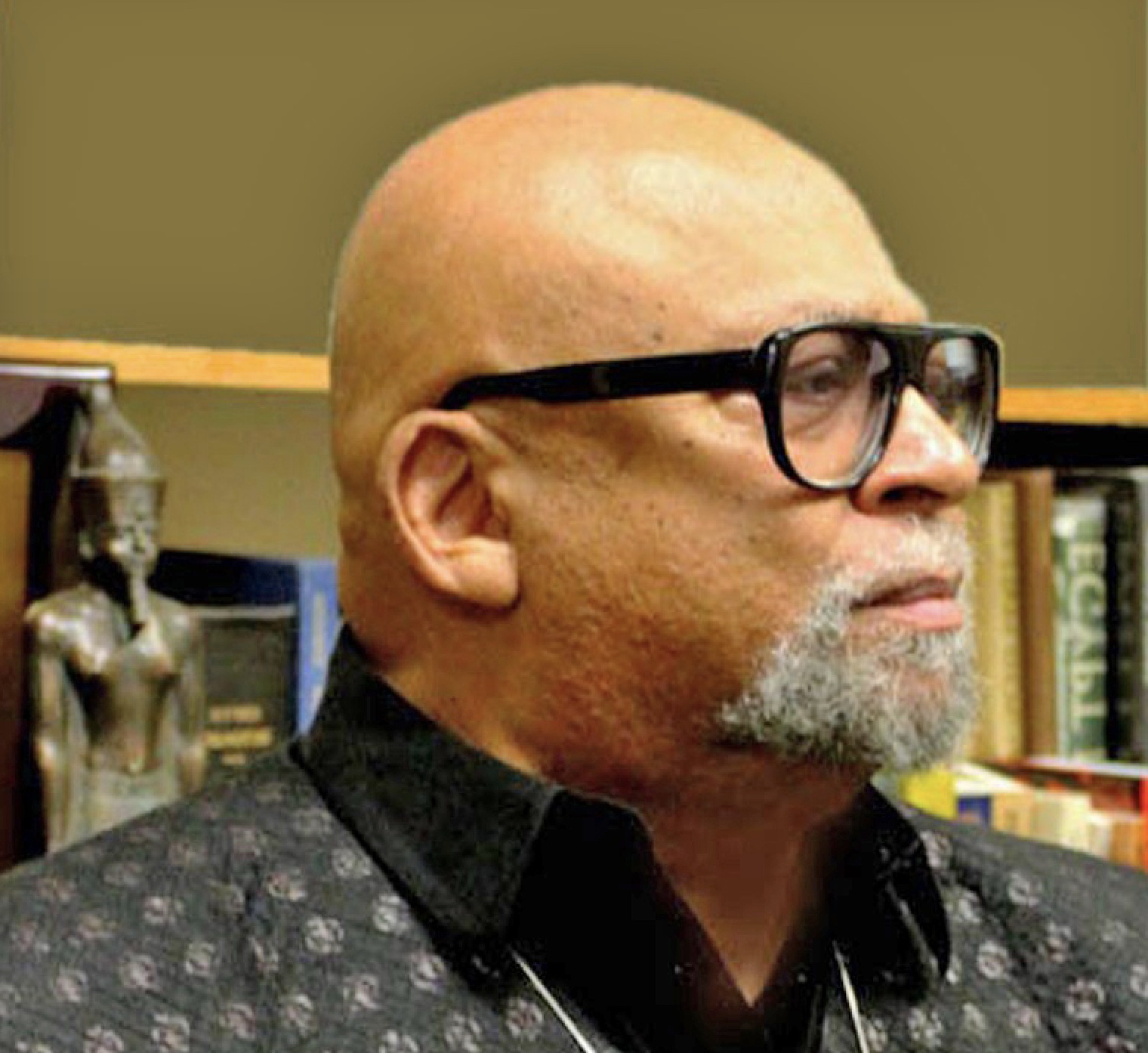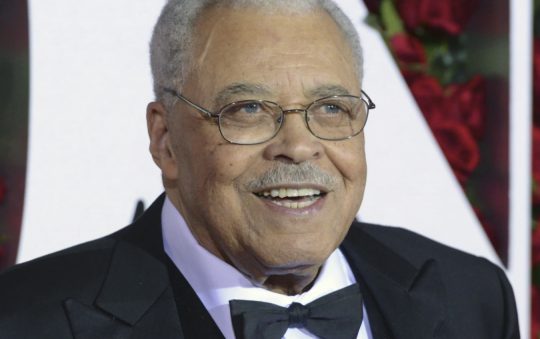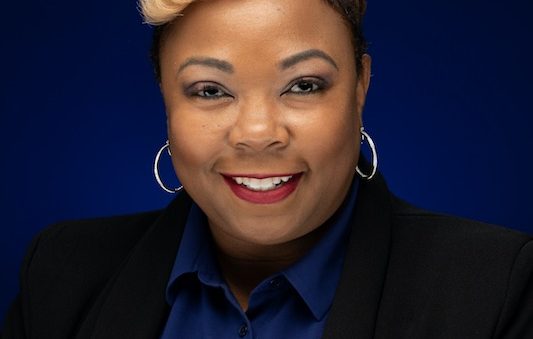
We are, we all know, living in difficult, dangerous and demanding times. And although we did not and cannot choose the times we live in, we can and must choose how we engage these times and act in these times; how we demand, define and pursue the good or support, serve and perpetrate evil, injustice and unfreedom in our lives and in the world.
Indeed, we are ever standing at the crossroads of history with our honored foremother, Nana Harriet Tubman, compelled to choose between attempts at individual escape and a comfortable position in oppression or seeing freedom and justice as indivisible, and recommitting ourselves to refuse to rest or retreat until victory is achieved and there is a shared and inclusive good for everyone. Indeed, we must maintain a radical refusal to be defeated, regardless.
In this month of marking the martyrdom, that is to say the assassination and awesome sacrifice, of Nana Dr. Martin Luther King, Jr., we remember his enduring insights on our self-understanding and self-assertion in times like these. He tell us that “the ultimate measure of a man (or woman) is not where he (or she) stands in moments of comfort and convenience, but where he (or she) stands at times of challenge and controversy.” And thus, I think of his audacious urging us to break the self-indicting silence toward the immoral and inhuman war against the Vietnamese people, and to “rededicate ourselves to the long and bitter-but-beautiful struggle for a new world.”
Nana King tells us we need to organize and struggle mightily with a mission for freedom for all, justice for all and peace and security for all, especially for the most vulnerable, everywhere whether here or in Haiti, Congo, Sudan, Palestine and elsewhere. And he says that in our principled practice of struggle for an inclusive good of freedom and justice in the world, we must send and represent a “message of longing and hope, of solidarity with their yearning, of commitment to their cause, whatever the cost.”
For in a real and relevant sense, their cause is our cause, the shared cause of an inclusive good for all in the world, a good of freedom, justice, peace, security and other essentials of human life.
And in times like these times, Nana Paul Robeson reminds us, “the battlefront is everywhere; there is no sheltered rear.” Thus, Nana King says, “the choice is ours, and though we might prefer it otherwise, we must choose in this crucial moment of human history.”
This crucial moment in human history finds us in the midst of oppressions and inhumanities of all kinds, from vicious injustice to vaunted genocide, from invasive and criminalizing surveillance, and brutal suppression of students’ and other activists’ resistance to the continued culling and killing of Black people under the camouflage and color of law. Indeed, we are confronted in this country and elsewhere with lying as a way of life; crushing cruelty as state and public policy, and gangsta government of rampant corruption, incompetence and revenge.
And as Dr. King tells us, we must resist in this moment, this time of orchestrated turmoil, terrorizing and tumultuous turning, and thus, distinguish ourselves from the established order of things and from the prophets and practitioners of death-dealing, devastation, domination, deprivation and degradation of vulnerable others. He speaks to us of our being “confronted with the fierce urgency of now.”
That is to say, the immediate and burning need for us to stand up and stand firmly for the good, for the shared and inclusive good for ourselves, others and the world. Again, he, as all our honored ancestors, see and teach freedom, justice, peace, security and other goods as indivisible human goods. Indeed, history teaches us we are not exempt from the evil, injustice and unfreedom in the world. Yesterday, the moral mirror and measure was Vietnam. Today, it is Palestine.
And yesterday, today and tomorrow it was, is and will be us, always us, as moral models and mirrors of oppression and righteous and relentless resistance, of suffering, service, sacrifice and struggle to expand the realm of freedom, justice and other goods in the world. And we are called by Nana King and all our honored ancestors to continue this legacy and life vocation every where and way we can.
As we commemorate Nana King’s martyrdom in the midst of the madness that surrounds and confronts us, I am reminded of his teachings in his “Eulogy for the Martyred Children” at the funeral for the little Black girls martyred as they attended Sunday School by White racists who bombed the 16th Street Baptist Church in Birmingham, Alabama. He says to us that even though they were young children, “they died nobly. They were martyred heroines of a holy crusade for freedom and human dignity,” a crusade not to be confused with the imperialist and colonial crusades of the past or present.
Given their part in our righteous struggle for freedom and human dignity, he says “they have something to say to us in their deaths.” Indeed, martyrs’ lives taken and given are noble offerings to the sacred cause of freedom, dignity and a good life for our people and humanity as a whole.
And what he says of them, as martyrs, can be said of him also. Thus, as he states, martyrs “have something to say to every minister of the gospel who has remained silent behind the safe security” of church walls; and “to every politician who has fed his constituents the stale bread of hatred and the spoiled meat of racism, to the federal government that has compromised with the undemocratic practices of southern dixiecrats and the blatant hypocrisy of right-wing, northern Republications.”
Those martyred also have something vital to say, he teaches, “to every (Black person) who passively accepts the evil system…and stands on the sidelines in the midst of a mighty struggle for justice.” And regardless of our racial and other identities, he states “we must substitute courage for caution”, and “be concerned not merely about who murdered them, but about the system, the way of life and the philosophy which produced the murderers.”
Although Nana King speaks to the world a universal message of shared good, he has a particular and special message for us as a people. From the beginning of his ministerial mission in assuming leadership in the Montgomery Improvement Association, he called on us to understand and assert ourselves as a moral and social vanguard in this country and the world. He urged us to struggle in ways that compel history and humanity to remember and record us as “a great people, a Black people, who through their struggle injected a new meaning and dignity in the veins of civilization.” And he says, “this is our challenge and overwhelming responsibility.”
Moreover, he tells us that we can and must in those times and surely in these times “provide a new soul force for all Americans, a new expression of the American dream” and it must be a dream, that is to say, an aspiration and an achieved reality “not realized at the expense of other (peoples) around the world,” as with the MAGA movement nightmare. Rather, it must and will be a dream, an aspiration and an achieved reality “of life and opportunity that can be shared with the rest of the world.” He stresses that our culture, consciousness and struggle against centuries of oppression have built up in us “a spiritual, worldly and moral fortitude” that grounds and inspires our striving, work and will for good in the world, and we must embrace and express it.
Finally, Nana Dr. Martin Luther King, Jr., praises and inspires us to continue the struggle, keep the faith and hold the line, saying to each and all of us, his people, that surely we “have left the valley of despair…found strength in struggle, and whether (we) will live or die, (we) shall never crawl or retreat.”
And at our best and in the most difficult, dangerous and demanding times such as these, we must and will, he and all our honored ancestors tell us, develop “a dangerous unselfishness” that embraces shared and inclusive good, “a divine dissatisfaction” with the established order of things, and an “audacious faith” in our shared future of inclusive good and in our capacity and will to achieve it, defiantly maintaining a radical refusal to be defeated.
Dr. Maulana Karenga, Professor and Chair of Africana Studies, California State University-Long Beach; Executive Director, African American Cultural Center (Us); Creator of Kwanzaa; and author of Kwanzaa: A Celebration of Family, Community and Culture; The Message and Meaning of Kwanzaa: Bringing Good Into the World and Essays on Struggle: Position and Analysis, www.AfricanAmericanCulturalCenter-LA.org; www.OfficialKwanzaaWebsite.org; www.MaulanaKarenga.org.







